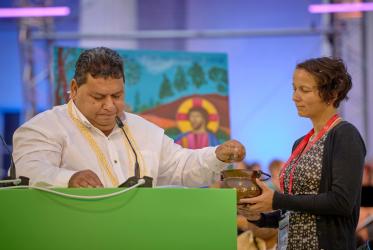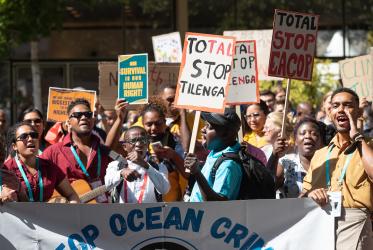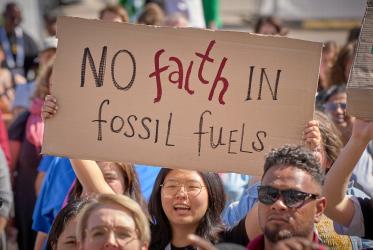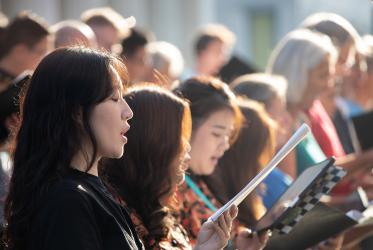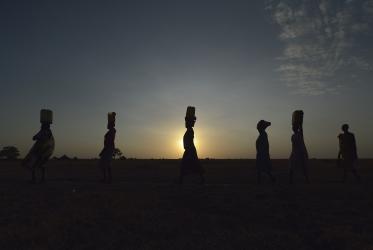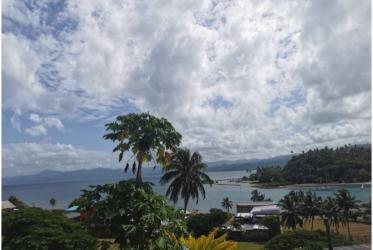Displaying 81 - 100 of 152
Multifaith advocacy for the climate: Not really much time left
04 September 2022
La jeunesse réclame la justice climatique
04 September 2022
La création de Dieu célébrée par un rassemblement des eaux
03 September 2022
Youth demand climate justice
03 September 2022
Soin de la création: des décennies de plaidoyer œcuménique
02 September 2022
God’s Creation is celebrated in a gathering of waters
01 September 2022
Care for Creation: Decades of ecumenical advocacy
01 September 2022
Called to Transformation - Ecumenical Diakonia
09 June 2022
